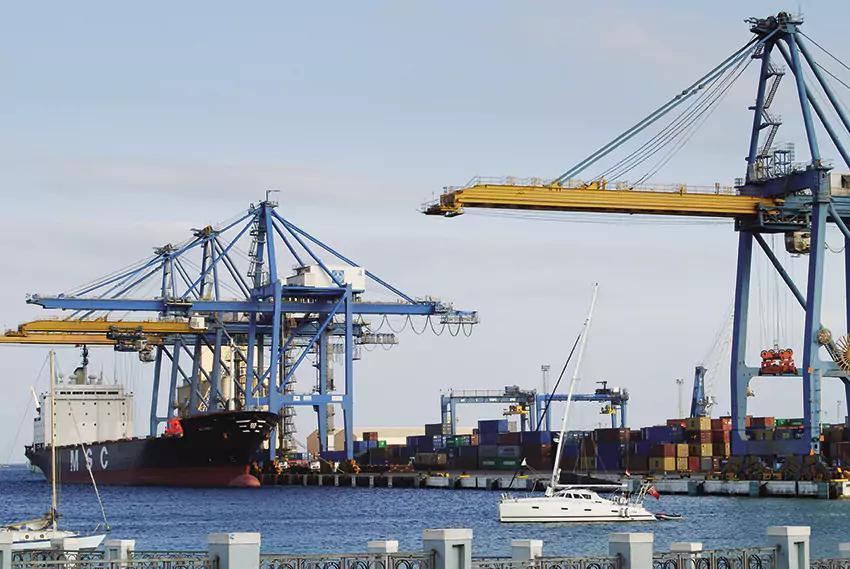Africa-Press – South-Sudan. Economic analysts have cast doubt over President Salva Kiir’s recent promise that the resumption of oil production will lead South Sudan toward economic recovery, citing deep structural problems and weak financial governance.
Social policy analyst James Boboya pointed to growing concerns over South Sudan’s inability to repay international loans, an issue that has led to multiple lawsuits from foreign lenders.
According to Boboya, while the oil sector is generating revenue, it remains insufficient to finance the national budget. He also highlighted the narrow tax base, burdened by a population where the majority live in poverty.
“Oil is only one factor of production—and even that is not functioning properly to finance the national budget. Our tax base is only about 8% of the population, and most of them are poor and engaged in informal businesses,” he explained.
“Meanwhile, poverty has increased from 45% in 2011 to 92% this year. That’s not recovery. We’re closing in on total collapse. We’re able to borrow, but we’re not able to pay. That’s why investors are turning away, and some are even suing the country in international courts,” he added.
Advocate Godfrey Victor Bullen echoed those concerns, warning that economic recovery is not imminent.
He described it as a long-term process that requires comprehensive policy reforms, peace, and strong institutions.
He also criticized the disconnect in financial management, noting that despite reports of oil revenues, the Central Bank reportedly remains empty—and civil servants are still being paid via cheques without physical cash backing.
“We hear that money is coming into the country, yet the Central Bank is empty. The Ministry of Finance issues cheques, but there’s no physical cash. That clearly indicates a failing financial system,” Bullen said.
“Investors will not come to a country where there’s no protection for their capital, where the justice system is weak, and corruption is rampant. We need to silence the guns, enforce accountability, and create a secure and attractive environment for investment,
Their analysis underscores an urgent need for fiscal reform, institutional strengthening, and domestic food production to reduce dependence on imports—and to ensure that oil revenues lead to sustainable development.
Source: Eye Radio
For More News And Analysis About South-Sudan Follow Africa-Press






